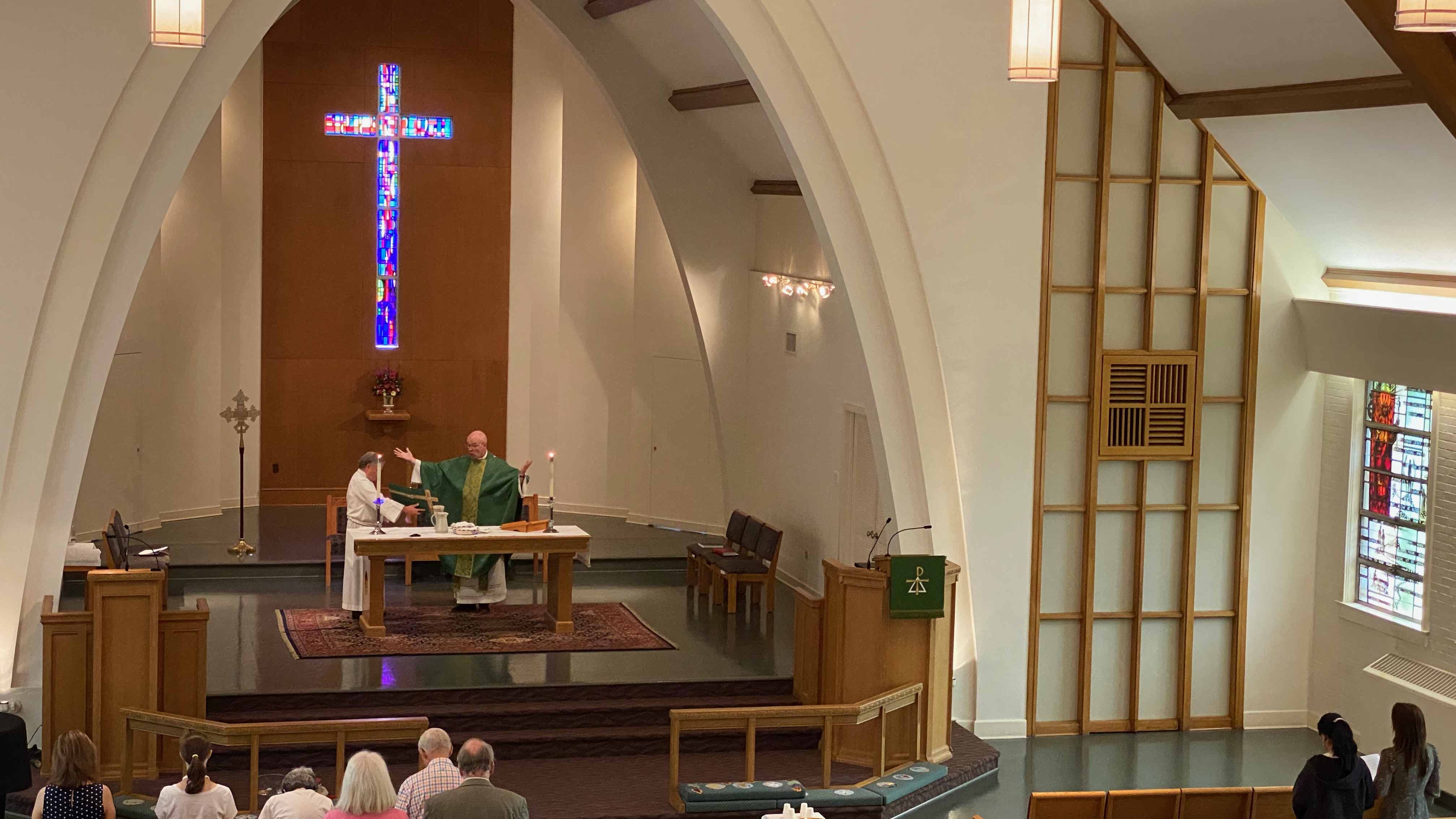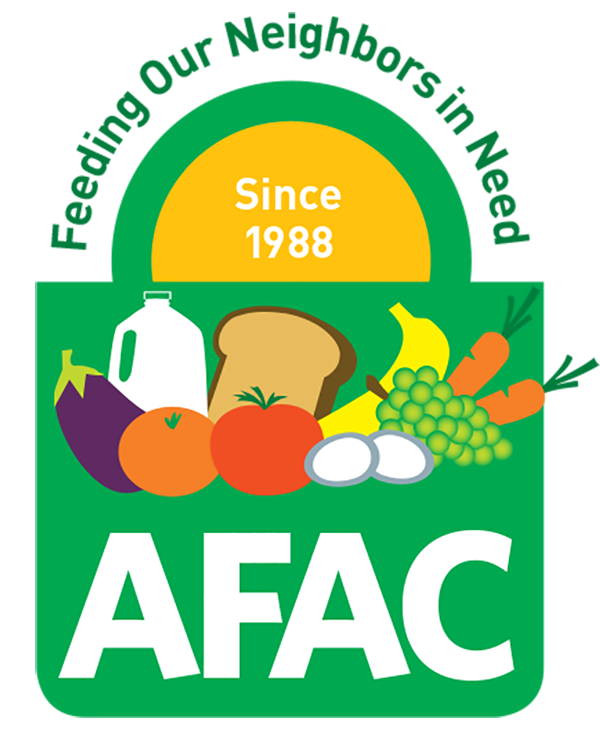Week of the Fifth Sunday after Epiphany
Dear Friends in Christ:
A new initiative at Resurrection Church is the formation of a Creation Care Team. This is a response to one of our shared visions for mission and ministry, and that is that we see Resurrection as a congregation which engages in communal moral discernment about social issues in keeping with ELCA priorities. Over the course of the past several months, one theme regularly percolated in conversations with members of the church in addition to concerns about racism and our pledge to engage in anti-racism work, and that is environmental justice, or care for creation. Yes, this concern is provoked by the specter of climate change, whatever its causes, as weather-related catastrophes of one kind or another are increasing exponentially across the world. The concern is also in keeping with the sensibilities of our congregation community dating back several years, for example, with the establishment of our community garden, our Plot Against Hunger, which utilizes the gifts of creation for the benefit of those most in need. But creation care is also a significant feature of biblical and Lutheran theological concerns, a theme and focus that I believe we are called in these days to embrace ever more deeply and proactively.
In thinking biblically about this commitment to creation care, let’s begin at the beginning. In the story-telling about creation in the book of Genesis, one of the common refrains in response to each day of creation is “and God saw that it was good” – that is, all of the things that are comprehensively constitutive of a well-ordered creation are affirmed as good. But this created goodness was tarnished by the fall. Humans have shared in this tarnishing of creation since the earliest days. In response, calling attention to the hope and promise that are in us via the resurrected Christ Jesus, the apostle Paul has this to say in his letter to the Romans, “For the creation waits with eager longing for the revealing of the children of God; for the creation was subjected to futility, not of its own will but by the will of the one who subjected it, in hope that the creation itself will be set free from its bondage to decay and will obtain the freedom of the glory of the children of God. We know that the whole creation has been groaning in labor pains until now; and not only the creation, but we ourselves, who have the first fruits of the Spirit, groan inwardly while we wait for adoption, the redemption of our bodies.” (Romans 8:19-23) In short, Christ’s resurrection promises are not just for human beings, but for all of creation in its various and wonderful, though depleted, embodied expressions.
In thankful and hopeful response to the promises of God in Christ, we are thus called to engage in the care of creation, even when things seem dire and hopeless as they may today. In response to the query, “what would you do today if you knew that the world would end tomorrow?” Martin Luther reportedly said, “I would plant a tree.” There is no evidence that Luther actually said this, but the sentiment is in keeping with our hopefulness as Lutherans in Christ Jesus. For Lutherans, Christ’s resurrection changes everything, including our relationship to creation. Central to Lutheran ethics is love of neighbor in thankful response to God’s gracious, forgiving love. This neighbor love arguably extends beyond humans to include all of God’s creatures, including the earth itself, since we all exist in profoundly interdependent ecosystems. This interdependence, I believe, is a feature of the Eucharist, when gifts of bread and wine, fruits of creation, are made available in the power of the divine word and the Spirit to convey the real, even bodily presence of the resurrected Christ. Thus, having shared in the resurrected life of Christ in the meal, we leave the sacramental table to go into the world – all the world – empowered for our loving and caring stewardship of the good earth that has been entrusted to our human stewardship. Creation care is eucharistic living as we continue to offer thanksgiving for all the blessings of this good earth in our loving service.
So it is that the Evangelical Lutheran Church in America, in the early years of its existence rather presciently affirmed a social statement on the environment entitled, “Caring for Creation: Vision, Hope, and Justice.” Here’s a link to this social statement passed by the ELCA Churchwide Assembly in 1993. Climate Change was not on the daily radar screens of most people in 1993, so I consider our church’s affirmation of creation care even three decades ago a proactive prophetic stance rather than a reactive one.
Thus, the formation of our congregation’s Creation Care Team, a move affirmed by our Congregation Council in recognition of the passions among members for these themes, is very much in keeping with our biblical and theological commitments and those of our national church. Members of the Creation Care Team invite your participation – for further conversation and discernment and then also decision-making about the kinds of activities we may engage in as a congregation. Nothing is prescribed or set in stone. We are at the beginning stages of what our creation care initiatives may be in future months and years.
That said, here is some of what you might expect to see going forward. During worship, on Sunday and other occasions, preaching, prayers, and hymnody may touch on creation care, along with confession and lament for our share in its tarnishing as well as commitment to further care for creation. Likewise, creation care may be a highlight for education and faith formation programs and events. Concerning our stewardship of our church building and grounds, we will be in discernment about choices that lessen our negative impact on earth and promote greater environmental sustainability. In terms of children and youth ministry, we may emphasize with our younger ones themes of sustainable and faithful stewardship of the environment, particularly since our children and youth will bear the brunt of further environmental degradation. And then likewise, in terms of our public witness beyond the congregation, at home, and in our wider communities, we may promote best creation care practices in our homes and otherwise seek also to collaborate with other community groups in their creation care efforts.
Again, how in particular we move forward with creation care initiatives is up to us to discern and decide together, collaboratively. Thus, I invite you to join in the conversation and to consider participating in the work of our new Creation Care Team. If you are interested in joining in the conversation and in this work, please reach out to me as your Pastor, and I’ll get you connected.
With abiding hope in the risen Christ in the promise of restoration for all of creation,
Pastor Jonathan Linman






